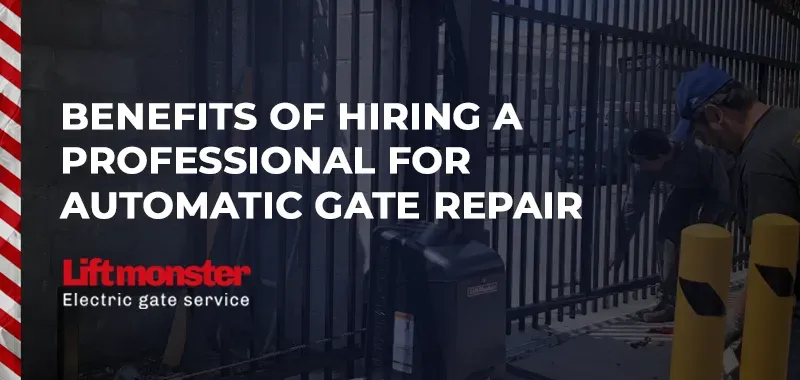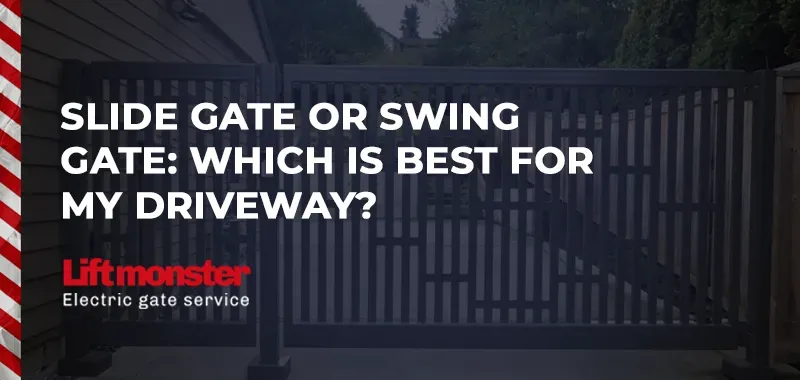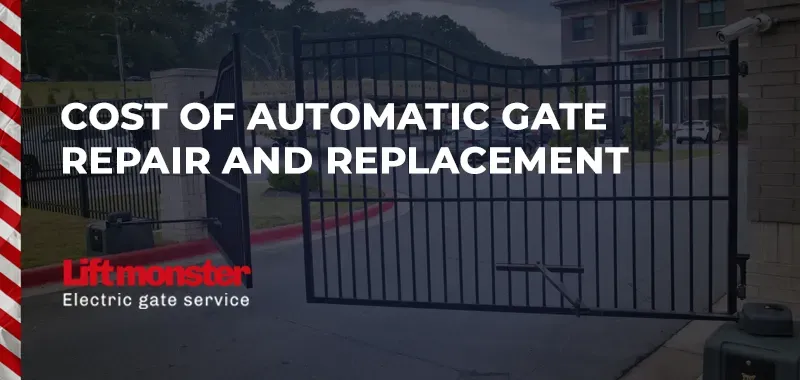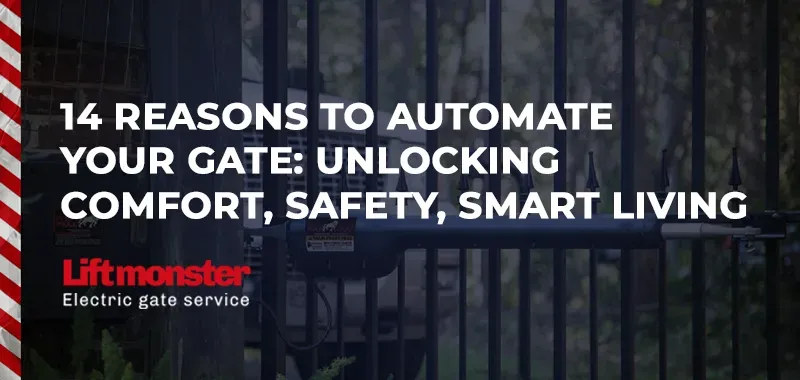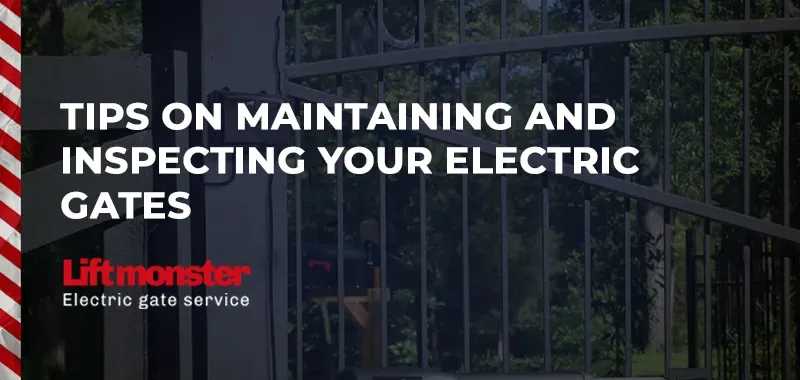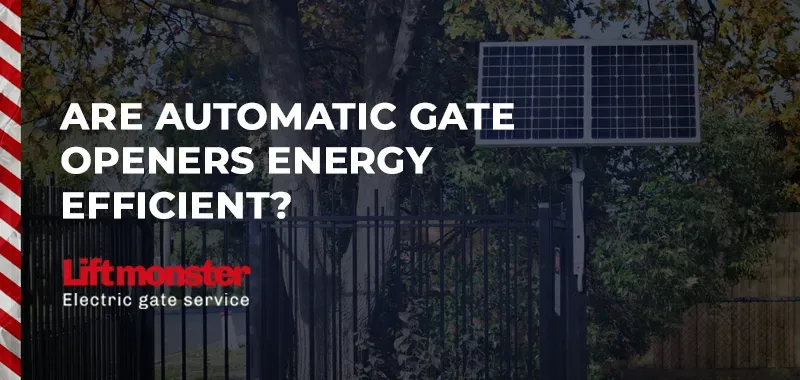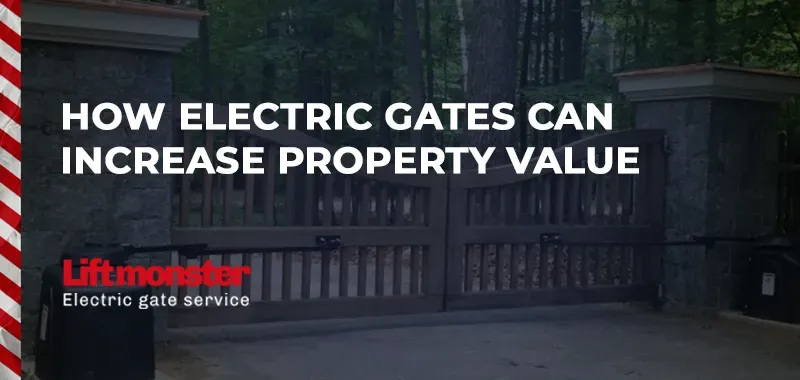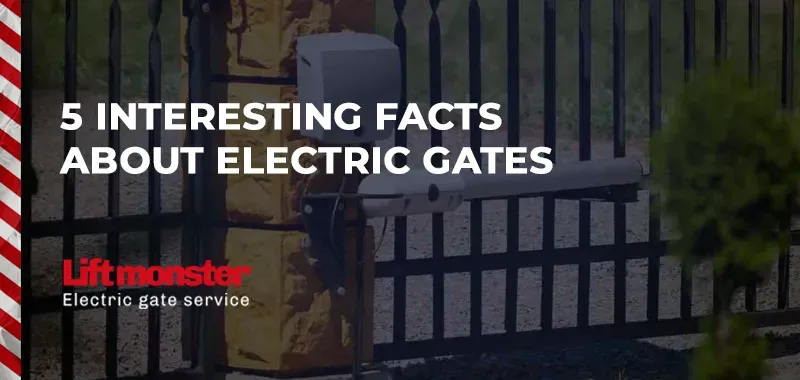Solar vs Electric Gate Opener – Which Is More Efficient?
Gates have come a long way from being merely a barrier of wood or metal between your property and the outside world. In the age of automation and sustainability, choosing how your gate opens has become just as important as how it looks or how secure it is. And if you’re currently weighing your options between a solar gate opener and a traditional electric one, you’re not alone.
Efficiency isn’t just about speed or strength anymore—it’s about cost, environmental impact, long-term reliability, and how smoothly the system fits into your lifestyle. Solar gate openers have risen in popularity, especially with the global push for greener alternatives. But does “solar” automatically mean “better”? And where do traditional electric gate openers still hold strong?
Let’s dive deep into a detailed comparison of solar vs electric gate openers, exploring how they perform, where they shine, where they struggle, and which one is ultimately more efficient for your specific needs.
Understanding the Basics: What Powers Each System
Before we start comparing, it's essential to understand what sets these two systems apart in terms of power source.
Solar gate openers use energy harvested from the sun through solar panels, which then power the gate’s motor. This system is usually paired with a rechargeable battery that stores excess energy for cloudy days or nighttime use.
Electric gate openers, on the other hand, rely on your home’s power grid. They are hardwired to your electrical system and use standard electricity to run the motor and open or close the gate.
Now that we’ve set the stage, let’s look at how they stack up in key areas.
Tips On Maintaining And Inspecting Your Electric Gates
Installation: Simple Setup vs Structured Wiring
Solar gate openers are far easier and more flexible to install, especially in remote areas. Since they don’t rely on electrical wiring, they can be placed at the end of long driveways, rural properties, or anywhere that access to a power line would be difficult or expensive. No trenching, no permits, no rewiring.
Electric gate openers, however, require proper wiring and sometimes even trenching to connect them to your home’s power supply. If your gate is located far from your house or garage, installation can be both costly and labor-intensive. That being said, once installed, they tend to require less technical calibration than solar setups.
So while solar gate openers give you installation freedom, electric ones demand more upfront work but offer plug-and-play reliability afterward.
Solar Gate Openers Save Energy While Electric Gates Depend on Grid Power
When deciding how your gate should operate, the power source is a good place to start. A solar gate opener uses the sun’s renewable energy, gathered through solar panels and stored in a battery for continuous operation. This makes solar gates a smart choice for homeowners looking to reduce their carbon footprint and utility bills. Since the sun doesn’t send you an electricity bill, your gate essentially runs for free after installation.
On the other hand, an electric gate opener runs on your home’s main electrical supply. While this ensures steady and reliable power, especially during high-usage periods, it also means your gate contributes to your monthly electricity costs. You’re plugged into the grid—which can be convenient, but not necessarily cost-effective in the long run.
So if you’re looking for a more sustainable, energy-saving option, solar has the upper hand. But if reliability in all conditions is more important to you, electric might edge ahead.
Solar Gates Are Ideal for Remote Properties While Electric Gates Require Nearby Power
Installation can make or break your decision—and here’s where the setup differences matter. Solar gate openers don’t require underground wiring or a direct connection to your home’s power system. That makes them perfect for gates located far from your house, like rural properties, long driveways, or off-grid homes. As long as the location gets sunlight, you’re good to go.
Electric gate openers, by contrast, need a power line connection. This means trenching, permits, and possibly hiring an electrician. For homes where the gate is close to the main building, this isn’t a big issue. But if your gate is even a few dozen meters away, those installation costs—and labor time—can add up quickly.
So in short: solar gives you location freedom, while electric requires proximity to a power source.
What Are The Benefits Of Installing An Automated Gate?
Solar Gate Openers Lower Monthly Costs While Electric Gates Add to Your Bill
After installation, solar gate openers practically eliminate any recurring expenses. They draw energy from the sun and store it in a battery, meaning you won’t be billed for using your gate—no matter how many times a day you open or close it. Plus, in many regions, solar systems qualify for government rebates or tax incentives, adding to the savings.
On the flip side, electric gate openers increase your home’s energy consumption. Every activation draws electricity from the grid, and while it might not be noticeable with light usage, those kilowatt-hours can stack up over time. If your gate is frequently used—say, in a busy household or shared driveway—you’ll definitely see a difference on your power bill.
So when it comes to long-term savings, solar gates win by a sunny mile.
Electric Gates Offer Consistent Power While Solar Can Be Affected by Weather
Consistency is king, and this is one area where electric gate openers shine. Since they’re connected to a stable power source, they work in rain, snow, fog, or night—anytime, all the time. You never have to worry about whether your battery is charged or your panel got enough sunlight today.
Solar gate openers, while efficient and increasingly advanced, still depend on sunshine. Cloudy weeks, winter months, or excessive gate use can drain the battery faster than it charges. Some models come with backup batteries or hybrid systems, but these add complexity and cost.
If you live in a mostly sunny climate and your gate doesn’t get heavy daily use, solar will serve you well. But if you want round-the-clock reliability in all weather, electric is more dependable.
Solar Gates Require Light Cleaning While Electric Gates Need Less Monitoring
In terms of upkeep, both systems are relatively low-maintenance—but in different ways. Solar gate openers mainly require you to keep the solar panels clean and unobstructed. Dust, leaves, or snow can block sunlight, reducing efficiency. You’ll also want to monitor the battery’s health, especially after a few years of use.
Electric gate openers, by contrast, are more “set it and forget it.” Once they’re professionally installed, there’s little to worry about unless there’s a power outage or a mechanical issue. However, since they rely on multiple electrical components, when something does go wrong, diagnosing and fixing it can be more complex and might require an electrician.
So, solar gates need a bit of regular attention, while electric gates stay quietly in the background—until there’s a problem.
Automated Gates VS. Manual Gates: A Comparative Analysis
Solar Gate Openers Are Better for the Environment While Electric Gates Are Not as Green
It’s no secret: solar gate systems are far more eco-friendly. They reduce dependency on fossil fuels and produce zero emissions. If environmental impact plays a role in your decision-making—and for many modern homeowners, it does—then a solar gate is the clear choice.
Electric gate openers, unless powered by a green energy source, rely on traditional electricity that often comes from coal or natural gas. While convenient, they don’t contribute to sustainability efforts and are a less climate-conscious option overall.
So if your goal is to combine convenience with conscience, solar wins this round effortlessly.
Electric Gates Handle Heavy Usage Better While Solar Gates Suit Light to Moderate Use
If your gate opens and closes dozens of times a day—think commercial properties, gated communities, or large households—then electric gate openers are built to handle that volume with ease. They offer continuous operation without concern for draining batteries or charging times.
Solar gate openers perform best with light to moderate use. A few activations a day? No problem. But heavy, back-to-back usage might push the battery’s limit, especially in areas without consistent sunshine. Some advanced solar models can handle higher loads, but they also come at a premium cost.
So for everyday residential use, solar is efficient. But for heavy-duty reliability, electric is the workhorse.
Conclusion: Choose Based on Your Priorities, Property, and Lifestyle
At the end of the day, there’s no universal winner—only the system that fits your needs best.
If you value sustainability, live in a sunny climate, have a gate located far from your home, and want to reduce your utility costs, then solar gate openers are the clear champion.
But if your gate sees heavy traffic, you need consistent performance in all weather conditions, and installation convenience isn’t a concern, electric gate openers still offer unmatched reliability.
Think of your property, your budget, your values—and let those guide your decision. Whether it’s the quiet hum of an electric motor or the silent efficiency of solar panels, you’re upgrading not just your gate, but your entire lifestyle.
